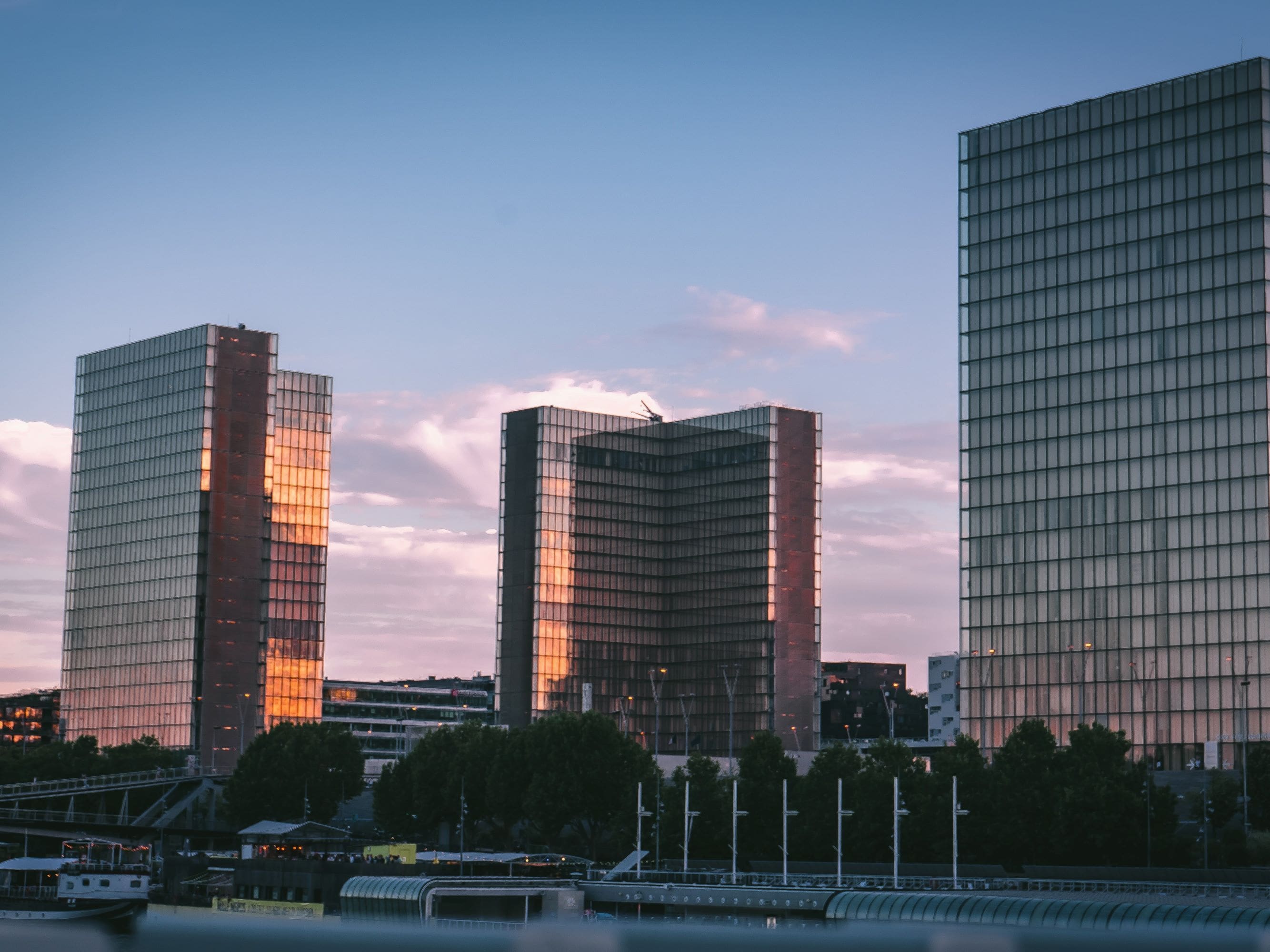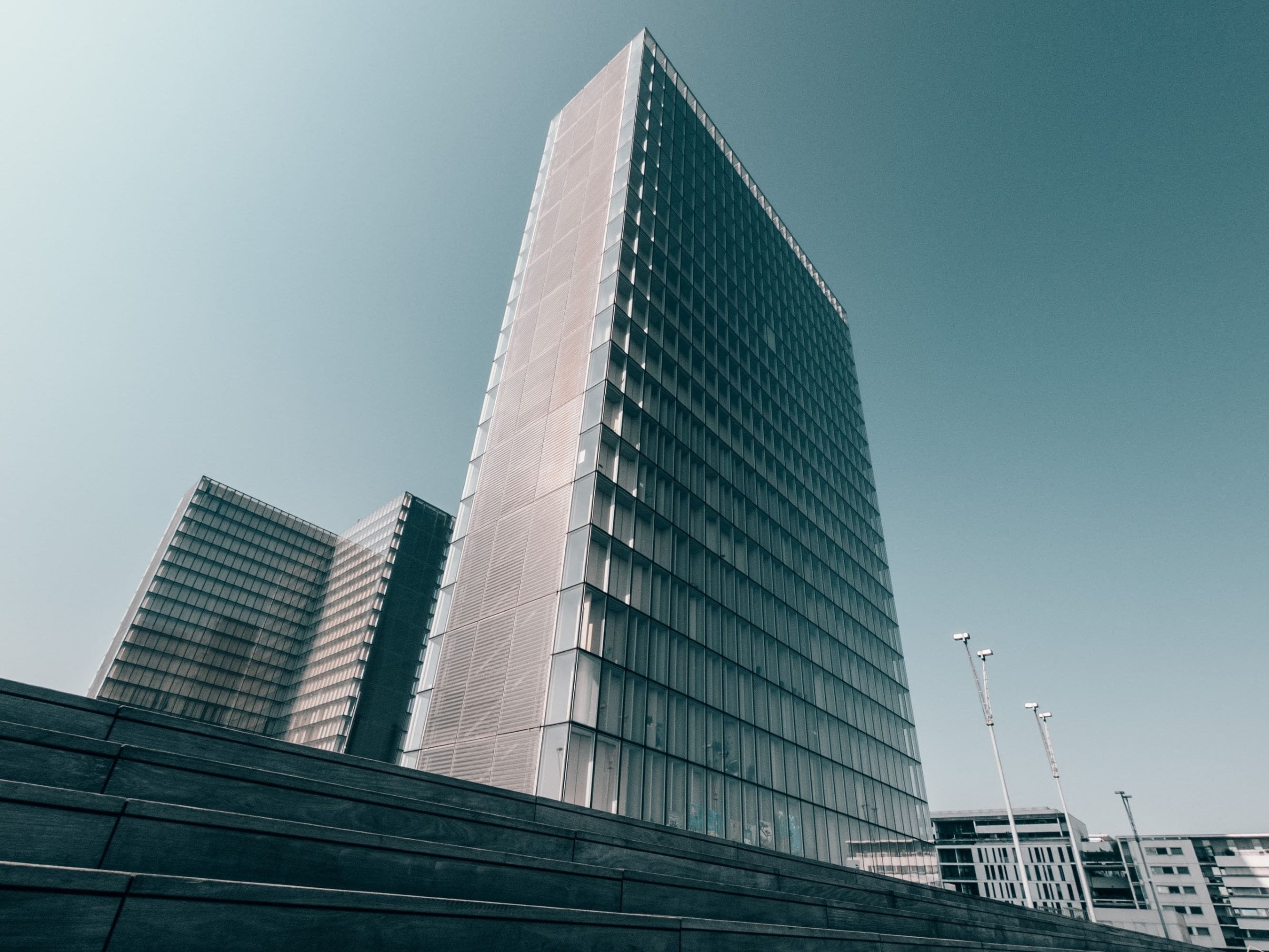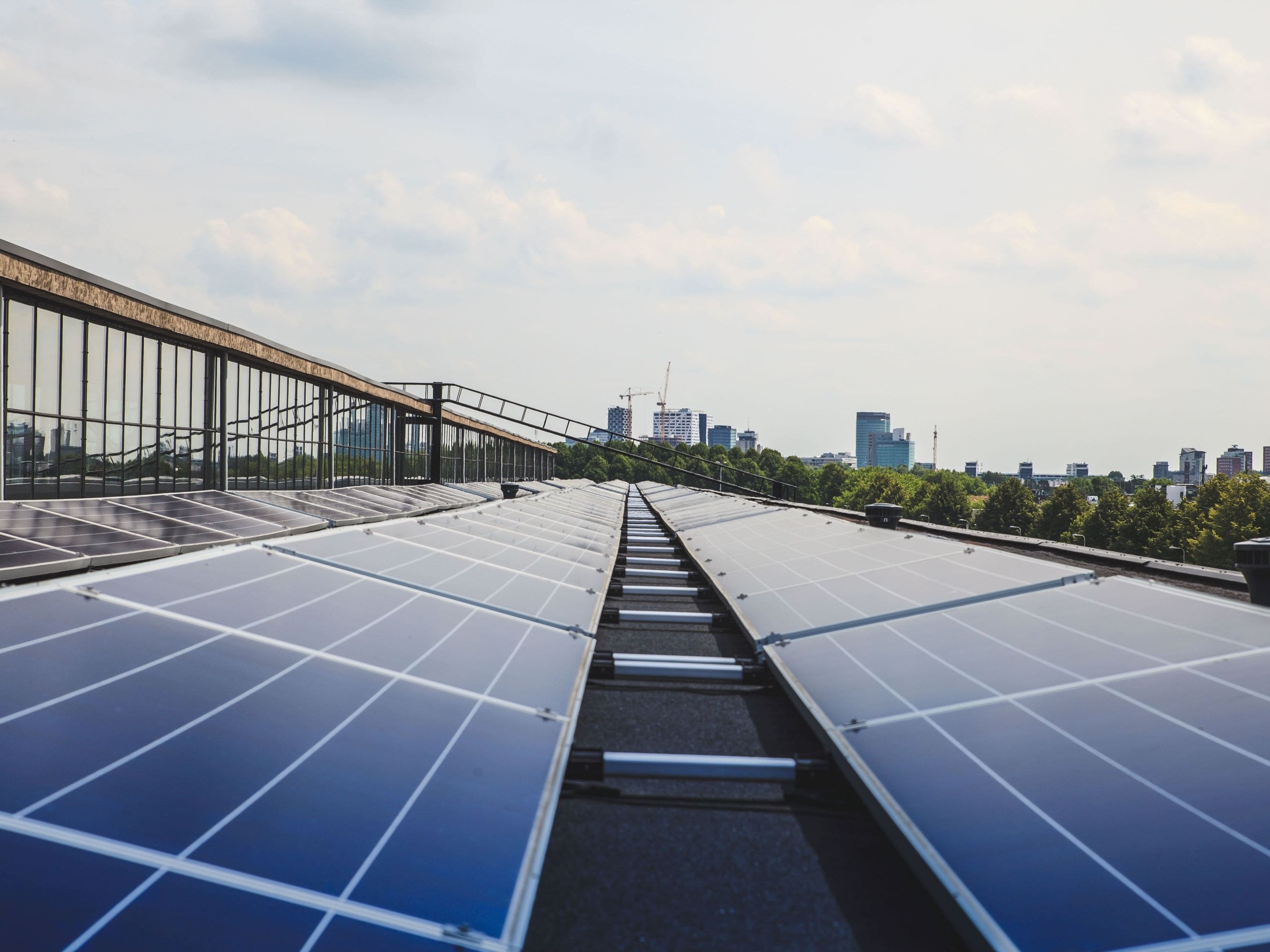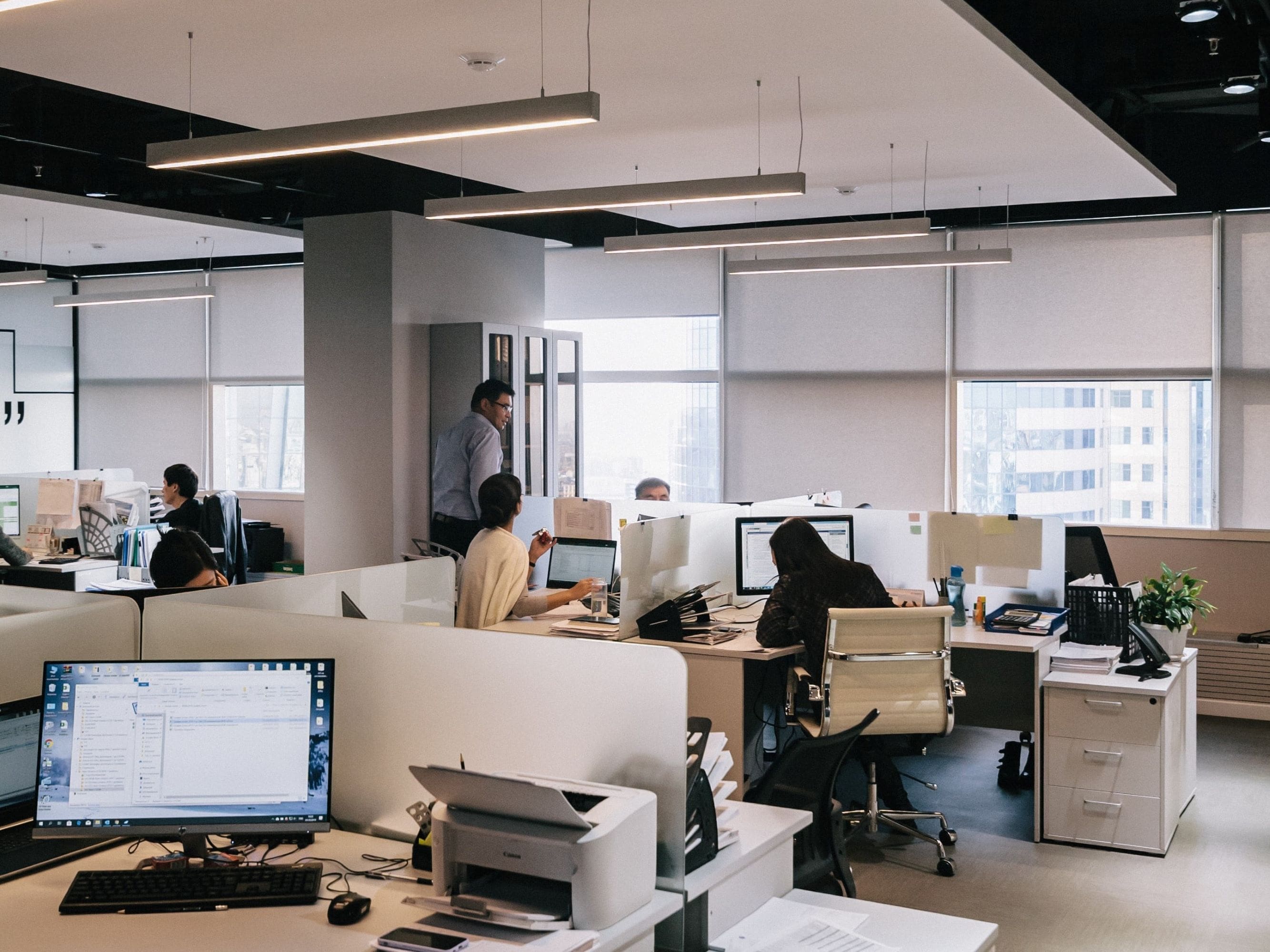The challenges of tomorrow’s cities
On Monday, July 18, 2022, more than 60 municipalities broke temperature records in France. The next day, the temperature in London exceeded 40°C for the first time.
The day of the exceedance occurred on July 28 for the year 2022, which is a new record. This is the day from which humanity has consumed all that the planet can produce in one year.
The Covid-19 pandemic and the current geopolitical tensions have called into question the energy independence of each country.
These issues are putting a strain on our cities. The cities of tomorrow will have to face certain challenges in order to continue to provide for the needs of their inhabitants. PHOSPHORIS, a consulting firm specialized in energy efficiency, presents these challenges and the solutions to face them.
The climate challenge
Hot weather events are likely to be more intense and frequent due to climate change..
In addition, certain types of materials and soils tend to accumulate a lot of heat and create elevated surface temperatures at times, creating heat islands.
One way to bring coolness to urban environments is to plant trees to create cool islands.
The design of buildings must be rethought in order to install a natural air conditioning system (free-chilling) or a reversible heat pump to improve summer comfort by cooling the interior of the building in the summer and heating it in the winter.
The climate challenge is closely linked to another challenge: the energy challenge.
The energy challenge
In order to meet the needs of the world’s population and to respond to the increase in energy consumption linked to our current lifestyles, it is essential to use renewable energies. We can mention in particular photovoltaic, solar thermal, mini-wind, geothermal and biomass. The ultimate goal is to achieve self-consumption.
Technological advances make it possible to save energy resources now. France has introduced 2 key regulations to ensure the energy transition of buildings: the Decret Tertiaire and the RE 2020.
PHOSPHOSPHORIS assists project owners to ensure that their projects comply with current regulations. The consulting firm has also developed a tool that allows the valorization of energy on a territorial scale : ValEnTis.
The exploitation of energy is closely linked to another challenge: the environment.
The environmental challenge
Existing and future buildings must take into account the environmental dimension in the design of projects so that cities continue to develop while respecting local biodiversity.
Low-carbon buildings must be promoted. The technical and spatial flexibility of buildings must be anticipated to drive the energy transition. The environment must be analyzed in order to identify flood-prone areas and install water recovery solutions in strategic locations.
Green mobility should be encouraged to reduce the city’s carbon footprint.
In addition to taking local biodiversity into account, cities need to rethink urban planning to deploy very high speed broadband and networks of connected objects so that buildings and infrastructures can interact.
Another challenge concerns city dwellers: the health challenge.
The health challenge
The consideration of the health of the inhabitants has been accentuated with the Covid-19 pandemic, in particular the subject of air quality management. This topic is of primary importance for PHOSPHORIS, that’s why the engineering office is a member of FIMEA in order to promote the improvement of the air quality for the citizens. Risk areas must be defined and adapted solutions must be implemented to reduce air pollution and improve air quality.
Finally, waste management is an important issue to consider in order to preserve the quality of life of city dwellers. Companies and citizens have their share of responsibility in reducing waste. Solutions exist such as reuse and recycling in order to valorize waste. Indirectly, the use of resources from the circular economy helps to limit waste and waste production, while meeting other challenges of tomorrow’s cities.
Want to know more about our solutions for the challenges of tomorrow’s cities?
Contact us now !








